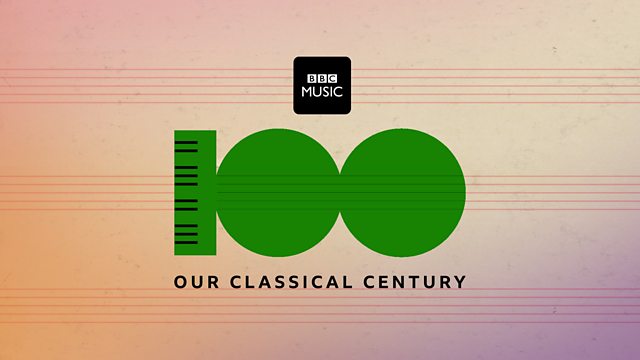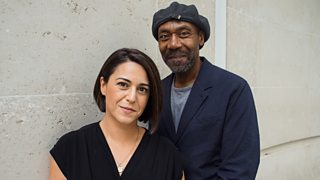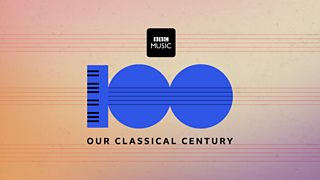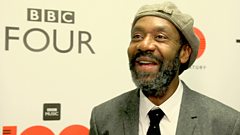
Mark-Anthony Turnage: Greek
A masterpiece of modern music theatre. (Warning: features in-your-face aggression, swearing and extreme Britishness.)
On 17 June 1988, the sophisticated and cultured Munich audience were in for a shock. The opening music of Mark-Anthony Turnage’s new opera, Greek, exploded into the Gaststeig Arts Centre, with metallic percussion crashing out a football rhythm and our hero, Eddy, spitting out his opening speech in impeccable, sweary Cockney. London's East End had come to Munich.
Mark Anthony Turnage had turned 28 just a week before the premiere of Greek. His friend and mentor, the composer Hans Werner Henze, had had a hunch that Turnage might have a flair for the theatre, even though he'd had never written for the stage before. Henze had acted on his hunch and commissioned Turnage for the first ever Munich Biennial festival of new opera.
Turnage and his collaborator, the young actor, director and writer Jonathan Moore, worked together to adapt Steven Berkoff’s play Greek - itself an adaptation of Sophocles Oedipus tragedy, transposed to the East End of London. Turnage and Moore created their opera at the height of Thatcherism, in the aftermath of riots in Brixton, Toxteth and Broadwater Farm and the Miners’ Strike. This political anger is close to the surface throughout. At the centre of the opera is a riot scene which, in Jonathan Moore’s original production, was like a restaging of the battle of Orgreave, with police in body armour and perspex shields banging out an aggressive rhythm with their truncheons.
Berkoff’s play is an unflattering portrait of the white working class, but Turnage’s music, for all its rambunctiousness and aggression, humanizes everybody. Alongside a comic breakfast scene with banging cups of tea and scraping toast, there's a soaring song of grief as Eddy/Oedipus kills his birth father in a fight over a piece of cheesecake. And as well as loutish brawling music, there’s a beautiful love aria as Eddy’s birth mother/wife sings of her passion for him.
The dramatic structure of the opera is tight and sure-footed: the opening explosion propels the audience headlong through its 90 minutes of short scenes until Eddy, like Oedipus, prepares to blind himself on finding out that he has, indeed, married his mother. Yet, unlike Oedipus, he changes his mind with a chirpy "Bollocks to all that!" and there’s a surprising, redemptive, exhilarating happy ending - even if of a shocking sort.
Turnage and Jonathan Moore were convinced that the Munich audience would hate Greek. They were sure they would hate the in-your- face aggression, the swearing, the extreme Britishness. So convinced were they of the show's failure that they planned to miss their bows and slip out of the theatre to the nearest bar in order to drown their sorrows in Bavarian beer. But the opposite happened: the audience went wild with enthusiasm. Henze’s hunch was right. Greek is a masterpiece of modern music theatre.
This is one of 100 significant musical moments explored by ����ý Radio 3’s Essential Classics as part of Our Classical Century, a ����ý season celebrating a momentous 100 years in music from 1918 to 2018. Visit bbc.co.uk/ourclassicalcentury to watch and listen to all programmes in the season.
This is an excerpt from the opening scene of Greek, in a recording by The Greek Ensemble with soloist Quentin Hayes, directed by Richard Bernas.
Duration:
This clip is from
Featured in...
![]()
The music of Our Classical Century—Our Classical Century
100 recordings to celebrate 100 years of exciting, inspirational, rule-busting music.
More clips from Our Classical Century
-
![]()
Step outside your musical tribe
Duration: 02:49



